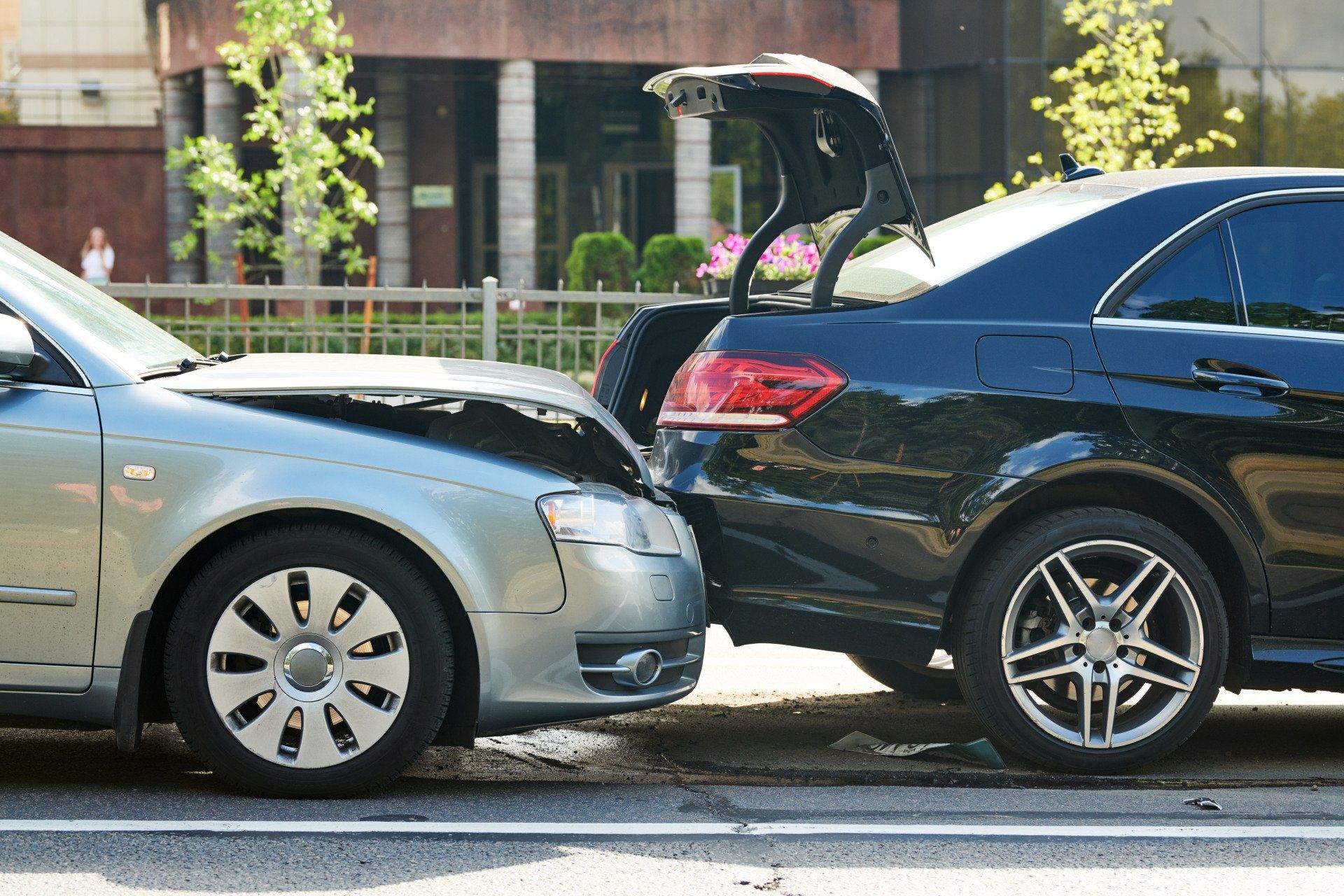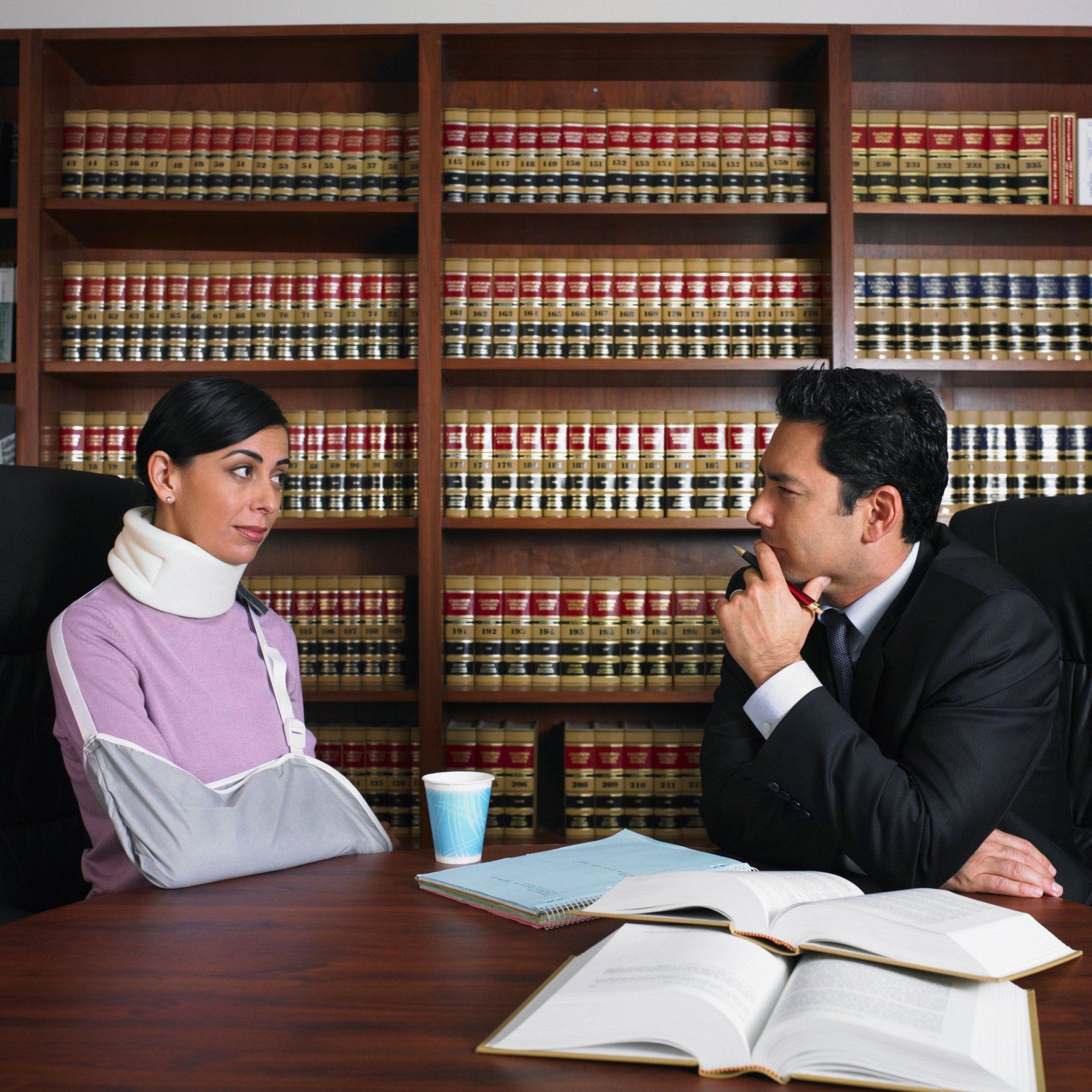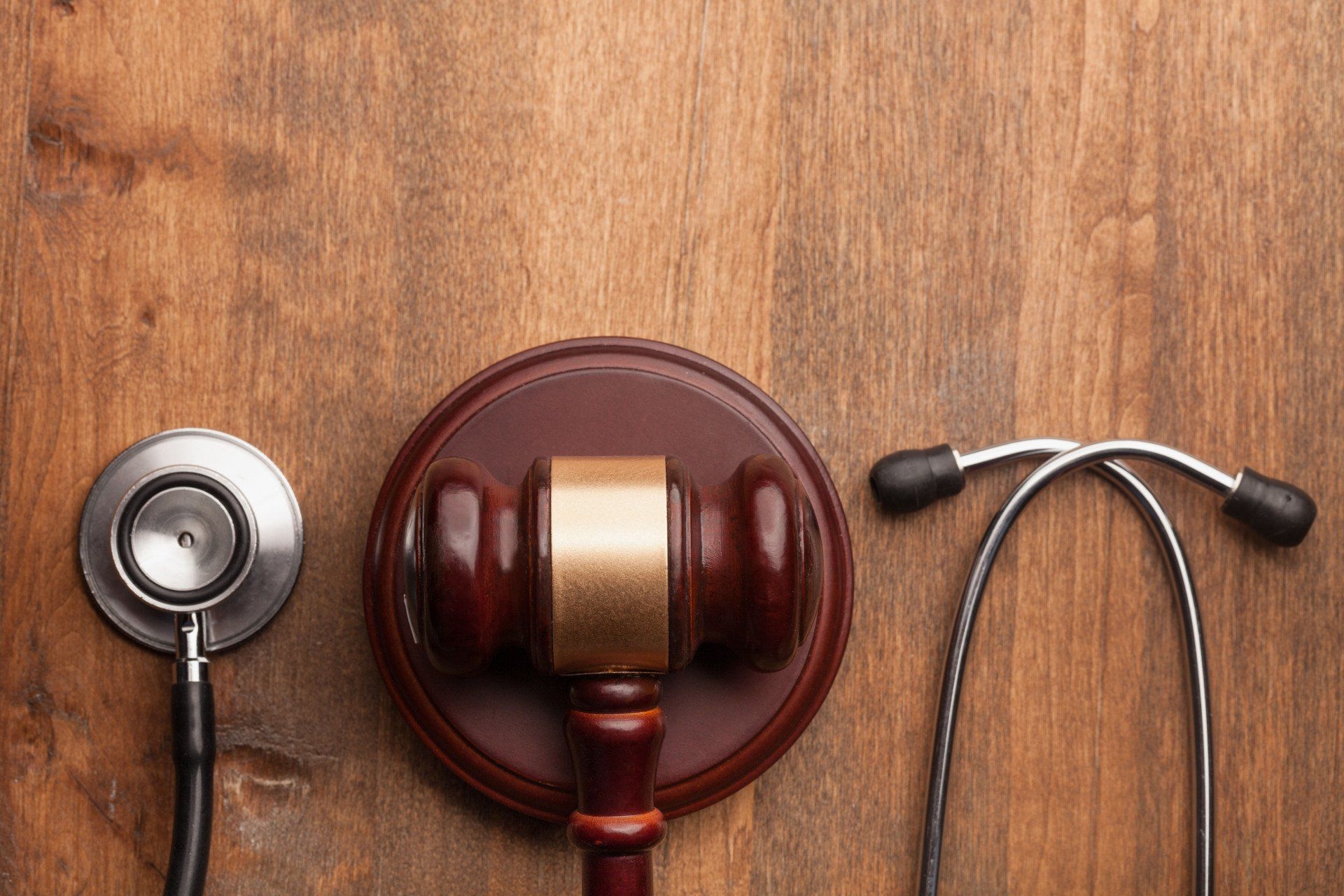Exploring Personal Injury Law - Finding Your Lawyer
If you've been injured in an accident, you probably have several questions about what to do next. Should you hire an attorney? If so, what type and how do you find a good one? We have years of experience working with people who have been injured by others, so we understand where you're coming from. Read on for everything you need to know about personal injury law.
Who do personal injury attorneys represent?
Personal injury lawyers represent accident victims, individuals hurt or negatively impacted by the behavior of others. Most personal injury attorneys help individuals injured while driving a car or riding a bicycle or motorcycle. Some also work with clients who have been injured after falling in a store or being bitten by an animal. While some personal injury attorneys work with people who are hurt at work, workplace injuries are most often handled by attorneys with workman's compensation experience. Many attorneys who concentrate on medical malpractice and class action suits focus on those types of cases due to their high levels of complexity.
I've been in an accident but wasn't injured — do I still need to speak with an attorney?
It's always good to speak with an attorney if you've been in an accident — even if you weren't injured. This is particularly true when it comes to car accidents, where injuries often become more evident over time. Personal injury attorneys know the law and what insurance companies and opposing counsel are looking for. As a result, they can advise you on what steps to take to improve your chances of optimal recovery. They can also provide information about types of recovery you might not be aware of — in many jurisdictions, for example, it's possible to recover wages lost while dealing with the fallout of an accident.
How much does it cost to hire a personal injury attorney?
That depends on several factors, including the type of case you have and your attorney's preferences. Most personal injury attorneys work with clients on a contingency basis, meaning they receive payment when you recover through a judgment or settlement. This is most often a flat percentage of the amount you receive from the offending party or their insurance company. Make sure to review payment information carefully to ensure you understand how your attorney plans to deal with things like money spent on investigations and expert witness fees.
How should I go about finding a lawyer?
Referrals are often the best way to get started when it comes to finding an attorney. Speak with people you know and ask if they have worked with an attorney whose services they recommend. Once you have a few names, make an appointment to speak with several different lawyers, even attorneys who don't specialize in personal injury law. Attorneys who work in other areas of the law are often great referral sources — they know their colleagues and are often in a good position to provide informed guidance.
What should I expect to discuss during a get-to-know-you meeting with an attorney?
Many personal injury attorneys offer free initial consultations — make sure to take advantage of these opportunities. These meetings aren't the time to discuss the facts of your case in detail, but rather to briefly present what's going on to the attorney and get an idea of how they would approach resolving the conflict. Initial meetings don't involve detailed discussions of legal matters because the attorney won't have had an opportunity to thoroughly review the facts of your case before your meeting. Treat this initial consultation as a time to determine if you get along well with the lawyer, are comfortable with their level of energy, and see if you feel good about their practice as a whole.
What type of information do I need to gather before my first meeting with my attorney?
Meetings with attorneys go better when you come prepared. Arrive at your appointment with a written outline of relevant events that includes names and dates and provides information about where important events took place and who witnessed them. Create a list of potential witnesses along with their contact information. Bring any photos you might have taken of damage to your property and have copies of any medical bills and reports handy.









